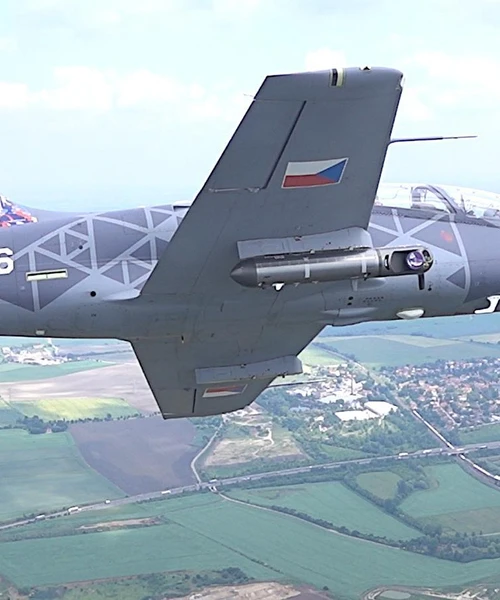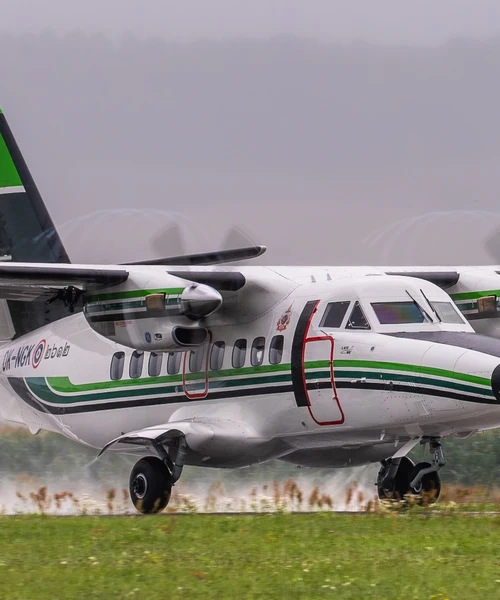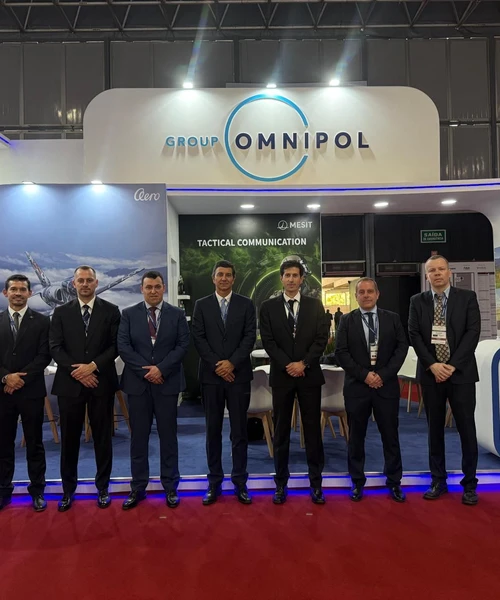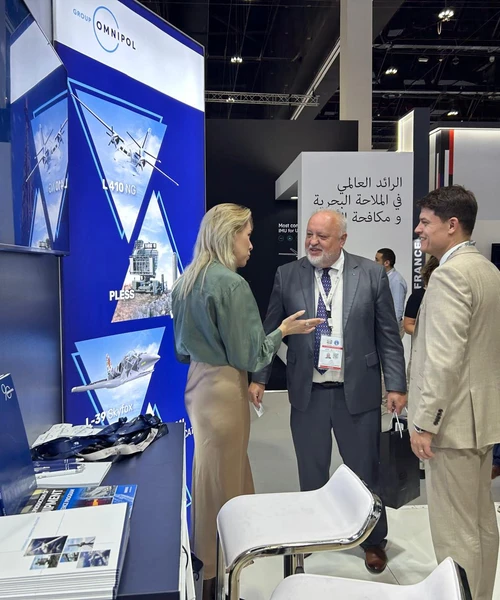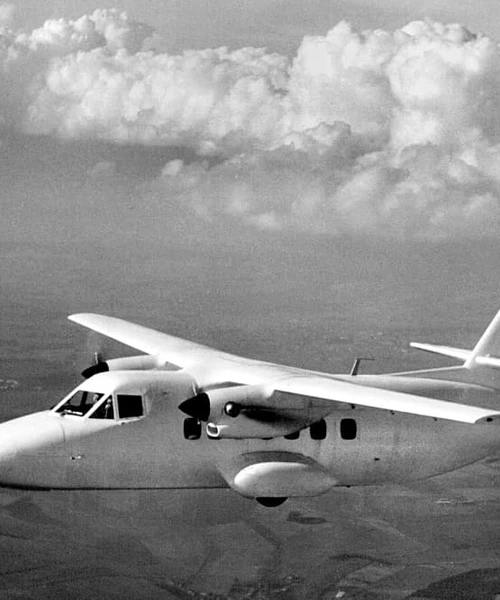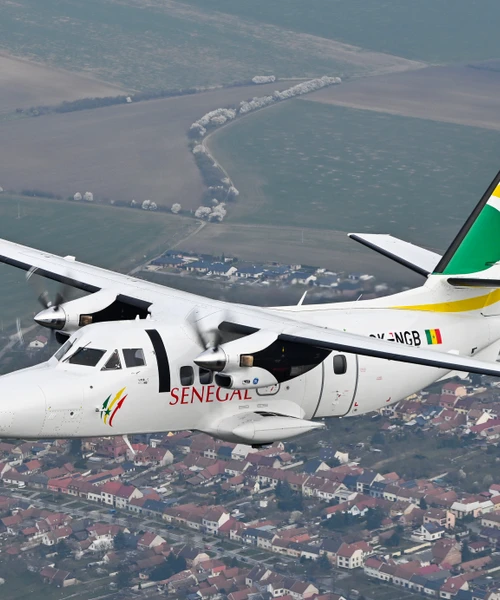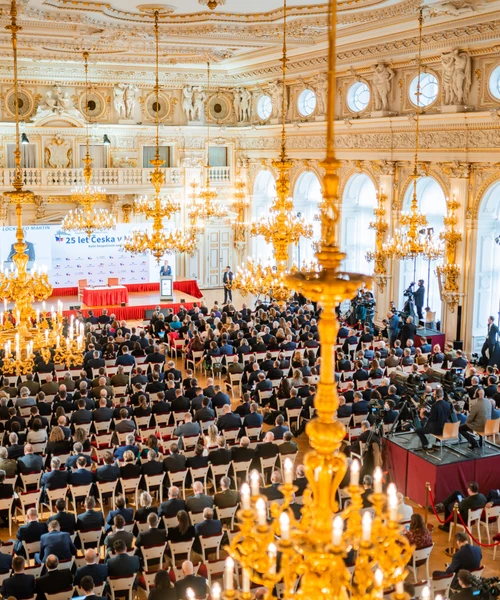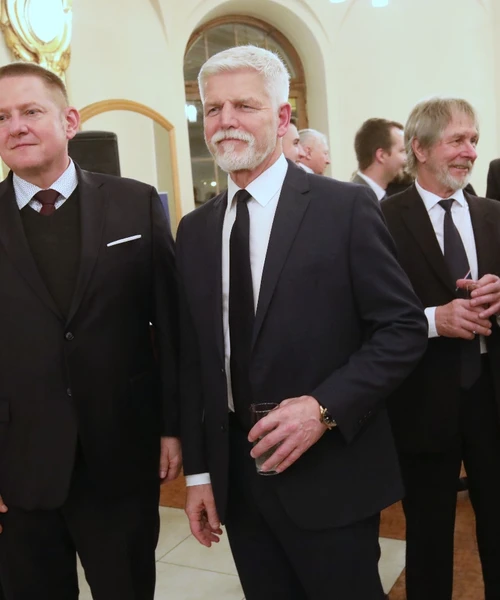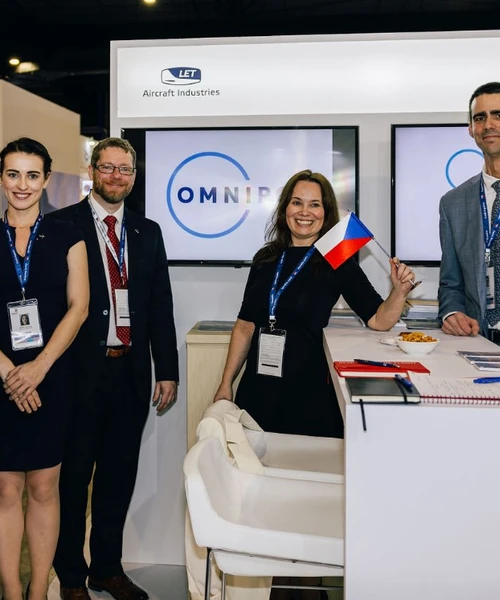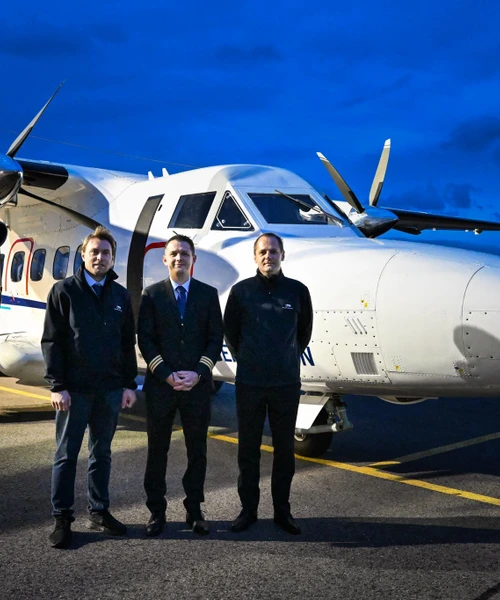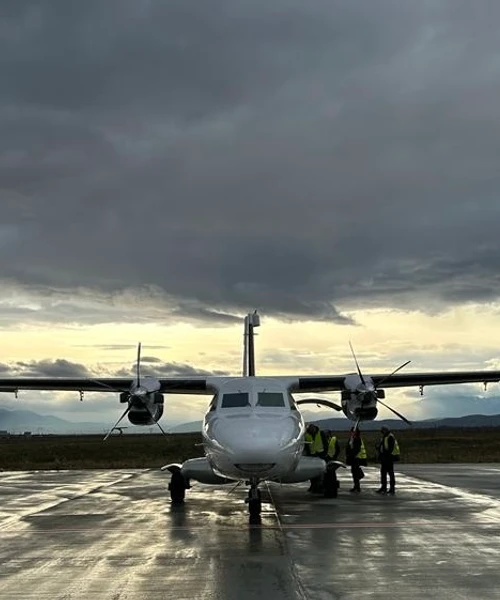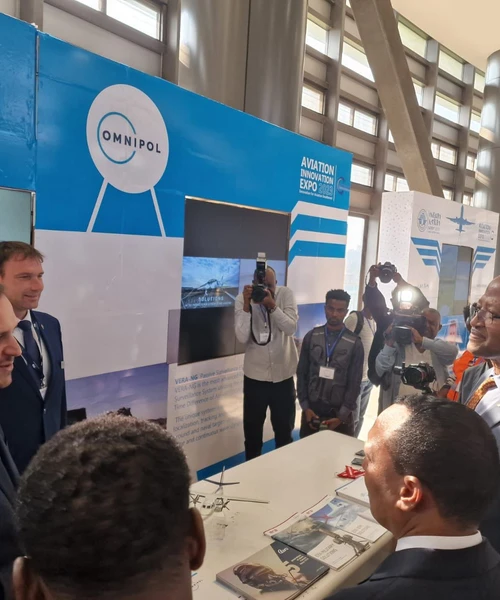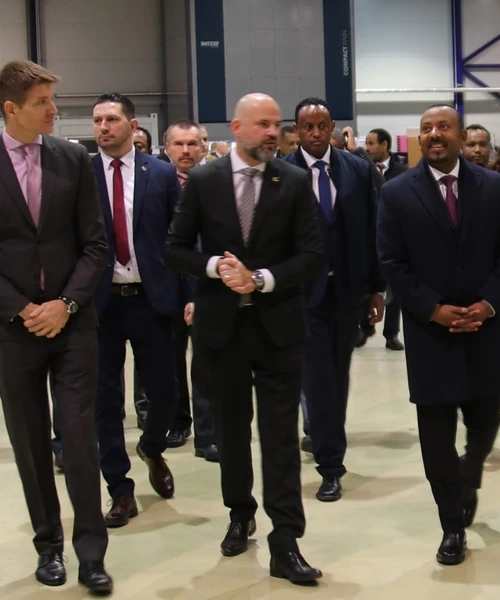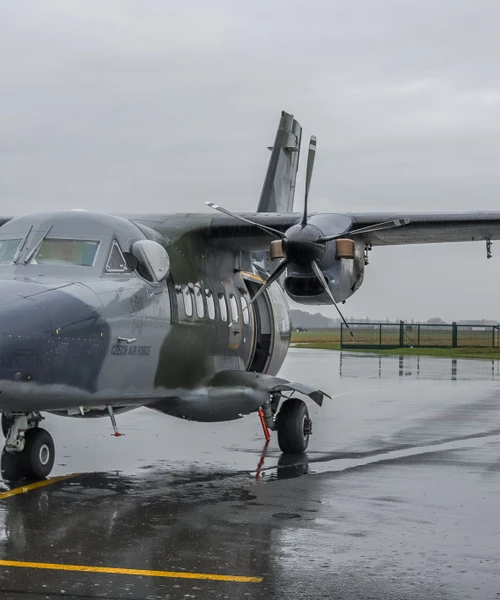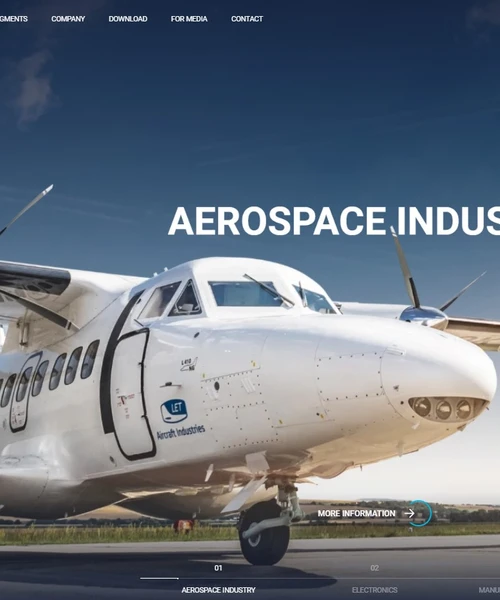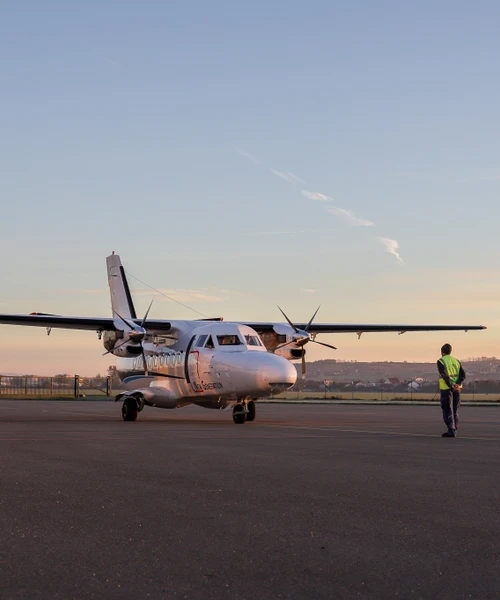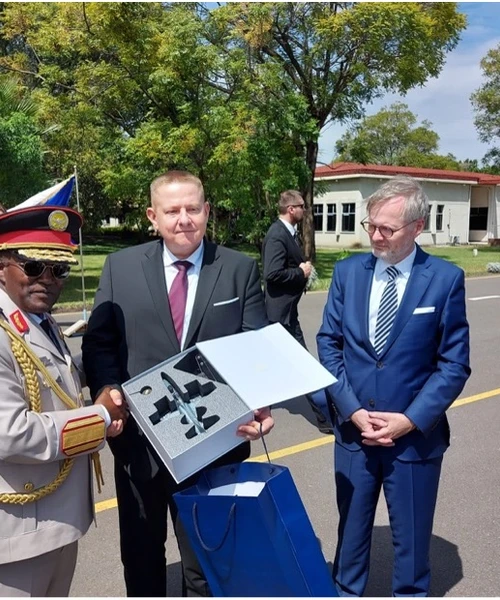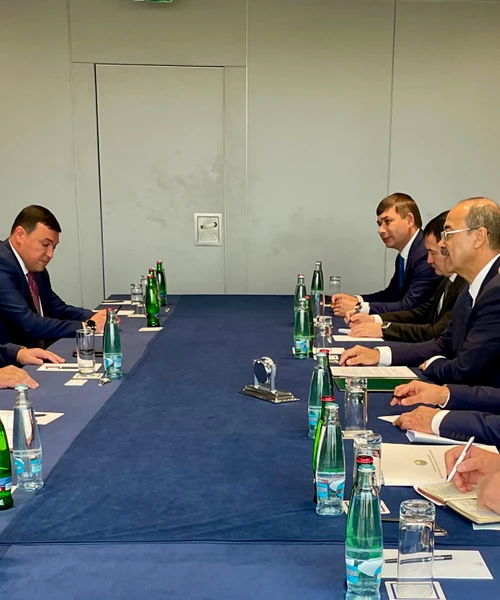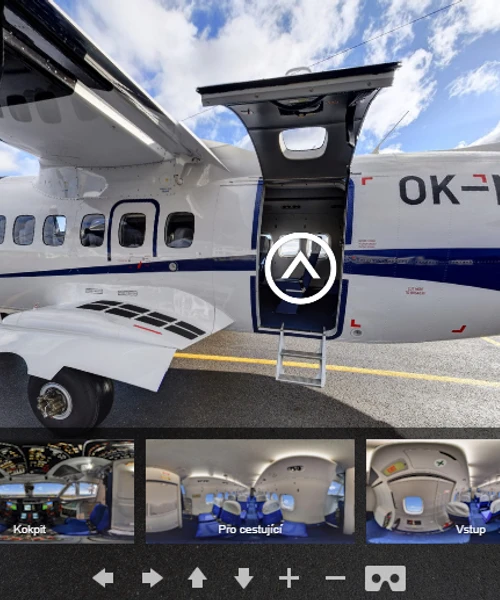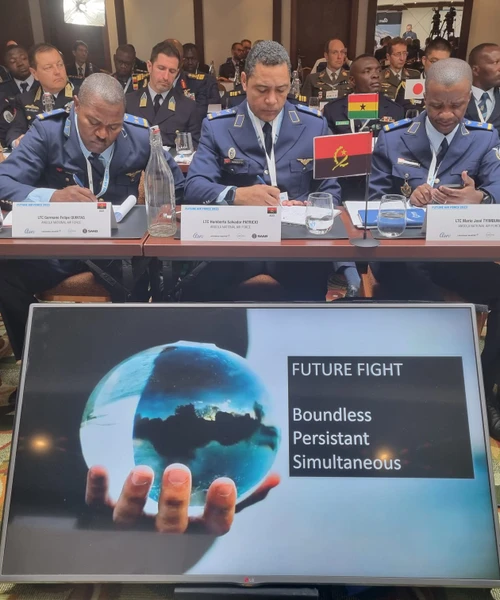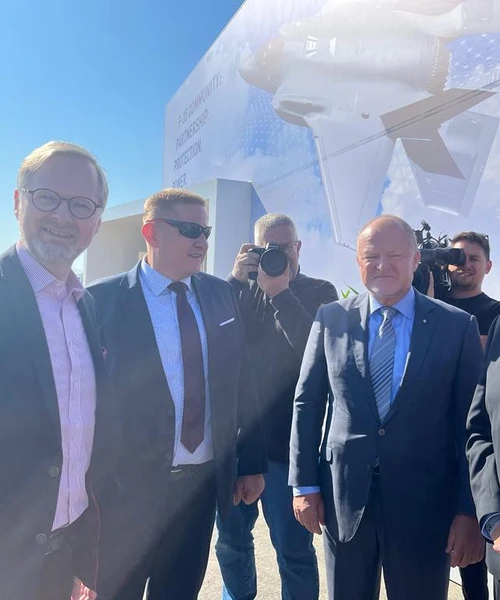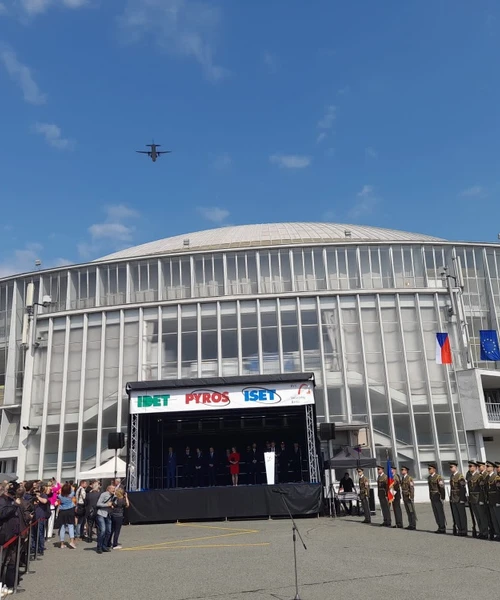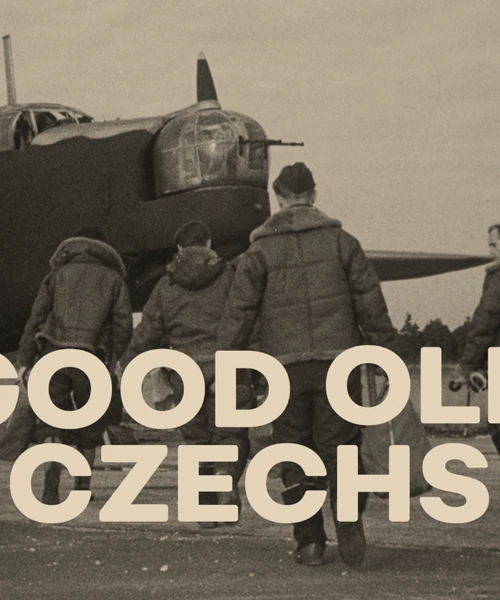
Interview with Chairman of the Board Mr. Jozef Piga
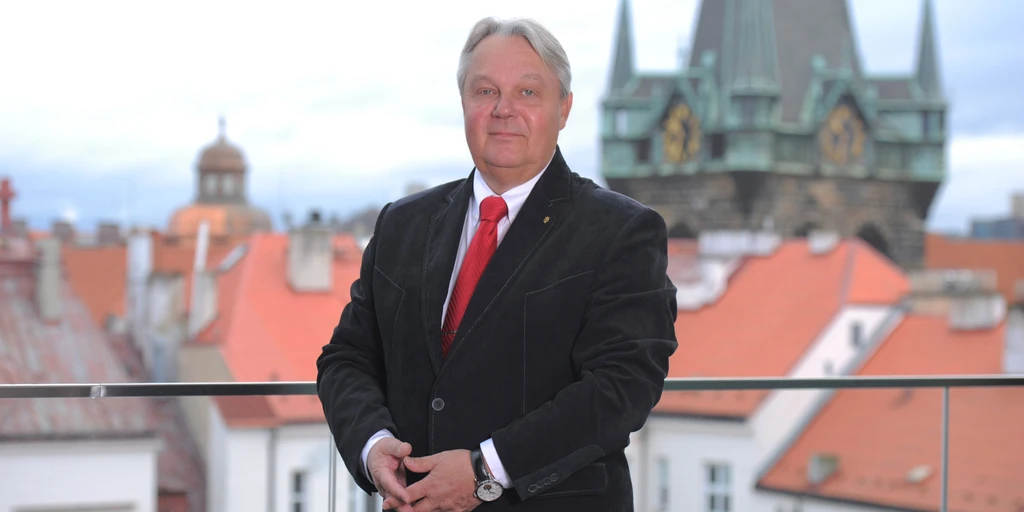
You have been working in the OMNIPOL Group since 1995. Do you remember your beginnings?
My career has been connected with the OMNIPOL Group (at that time PZO OMNIPOL) for several years, specifically since 1982. I remember my beginnings very well. I had the advantage that my education in the field of economic diplomacy was in line with the needs of foreign trade. At the same time, my language specialization – Arabic and English – allowed me to be posted abroad immediately after graduating from university. For some years I worked in connection with OMNIPOL abroad, specifically living in Libya and Indonesia. After the company was privatized in 1996, I accepted the opportunity to become it’s CEO.
OMNIPOL celebrated it’s 90th anniversary last year. What do you think is behind this remarkable milestone?
A company operating in the field of foreign trade has always had to focus on the most modern and innovative ways of doing business. Thanks to its highly qualified employees, OMNIPOL has always found the most progressive solutions for trading on a global scale since its foundation, which is one of the reasons why it has reached the 90th anniversary. After its establishment in 1934, it was among the first in Czechoslovakia to use barter trade, and even before World War II, it had built a wide network of branches around the world. It was also the first company to use leasing operations when purchasing aircraft and aviation equipment. It also very successfully implemented the construction of investment units in the field of the defense industry.
Privatization was also an important moment. After 1989, a significant part of the manufacturing companies disappeared due to unsuccessful privatization. At this time, OMNIPOL successfully took over several well known Czech companies such as MESIT, ERA Pardubice and Aircraft Industries and partly Aero Vodochody, which it stabilized. It also invested in the modernization of their products and subsequently signed contracts for them with international customers. Currently, these companies form the basis of successful business in the aviation and defense industry.
What moments do you consider to be the greatest successes and challenges during the company's history?
One of the big challenges for us was to adapt to the changes in the market that have occurred in recent decades. The company had to transform itself, so OMNIPOL decided to switch from the production of military hardware to the production of military software and began to focus more on the aviation and hi-tech industry. Thanks to this, we managed to maintain the production of two types of Czech aircraft L-39 and L-410 and the production of passive detection VERA-NG. All of this has helped us to remain competitive in the market.
How has the industry you operate in changed since you started working for the company?
The world has certainly changed. Previously, this industry was controlled by the state, but now the state only sets the rules. Companies therefore decide for themselves how to invest in order to maintain production.
Today, OMNIPOL exports aircraft and cutting-edge defense technologies all over the world. What is the secret of your success?
The secret of success is the quality of our products; we supply our customers with cutting-edge hi-tech products. In addition, we service these products throughout their lifespan. We also invest significant resources in research and development. Thanks to a strong team of around 500 employees working in R&D, we are able to respond to market demands in advance and very quickly, which allows us to keep up with the constantly growing needs of our customers. That is why our latest products are labeled “NG”, meaning new generation.
How does OMNIPOL stand in the global competition today? Where do you see your strengths?
I do not want to say that we are a global player, even though we have a very strong position in the field of passive detection, for example. Our subsidiary ERA, which develops and manufactures the VERA-NG and PLESS systems, played a crucial role in the emergence of this market. One of the strengths is that, OMNIPOL creates products that have high added value. I think we offer these products at more affordable prices, including after-sales service and spare parts supplies.
The Czech Republic has a long tradition in aircraft production. Is it succeeding in building on it?
The Czech Republic – especially thanks to our OMNIPOL Group, which has maintained the production of the L-410 and L-39 aircraft – is succeeding in building on this tradition. In the past, however, seven types of different aircraft were produced in Czechoslovakia, but unfortunately, due to the unsuccessful privatization, these capacities could not be maintained. The Czech aviation industry is currently facing complications with subcontracting. Many companies that previously produced key components have gone out of business. We have problems with timely and high-quality subcontracting, which has been exacerbated by the Covid crisis.



